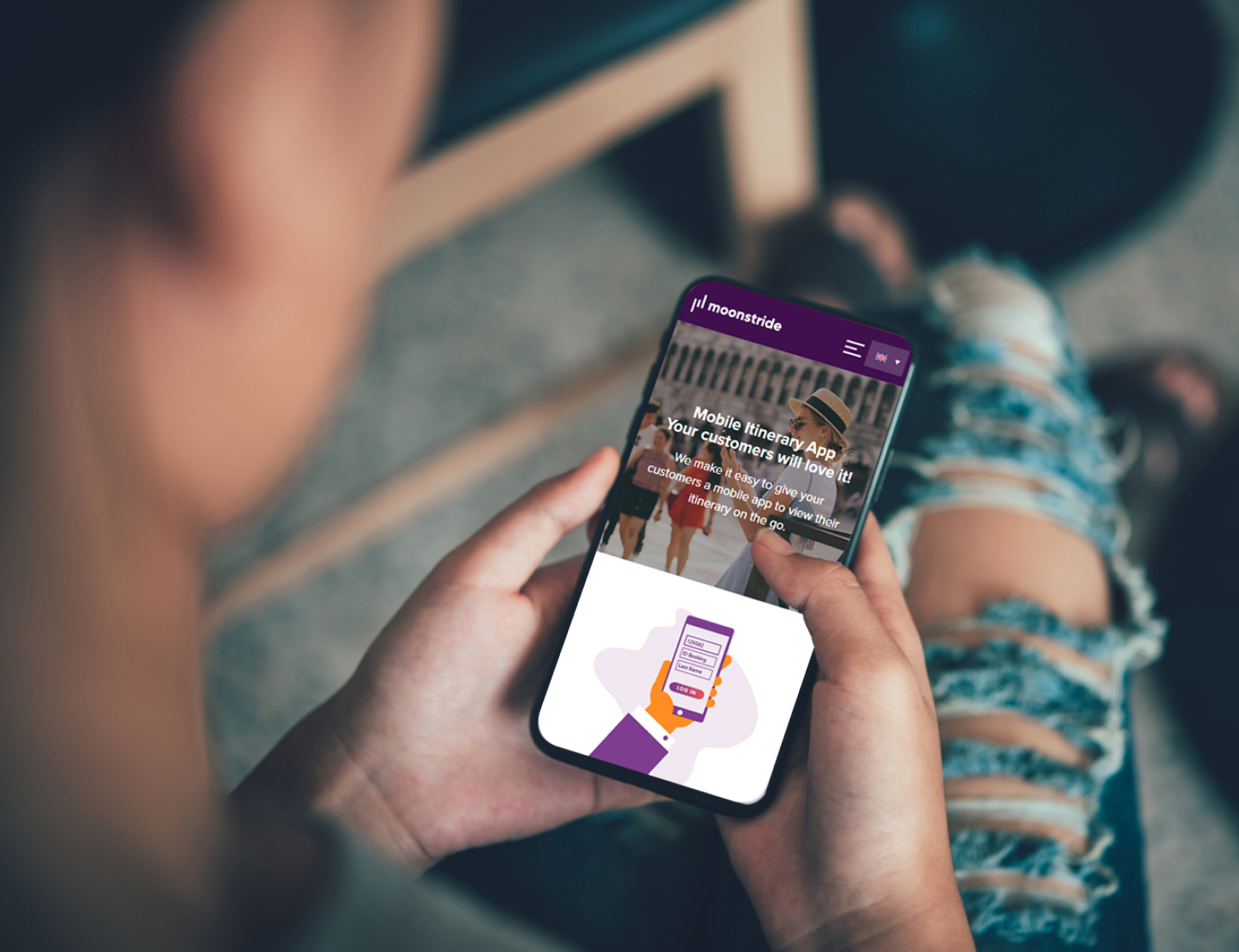The Evolution of Mobile Apps in Travel

The Early Days – Simple Functionalities
Back when mobile apps were brought into existence, applications about travel had rather rudimentary functionalities such as booking flights, hotel reservations, and car rentals. These applications were primarily targeted towards easy booking from anywhere on the go. Very few companies allowed customers to browse and make bookings for various travel accommodations while being on their smartphones. The initial applications streamlined the booking process – customers can lock their last-minute booking without using a computer.
Improving User Experience – Integration and Personalisation
As mobile technology progressed, so did travel applications. The next significant step in this direction was the ability to integrate multiple services into a single application. Such applications would allow users to manage their entire travel itinerary through a single interface. This was then extended to services like flight tracking, hotel check-ins, and car rental pick-ups, thus streamlining the process and saving travellers from app switching. Starting with a focus on personalisation, travel applications have progressed through the use of data analytics and machine learning. This made it possible to offer user-customised recommendations that aligned with their preferences and past behaviours. For instance, apps may suggest hotels, restaurants, and activities according to one’s preference, enhancing the traveling experience.
The Emergence of Real-Time Information and Augmented Reality
One of the critical innovations in travel apps has been the adoption of real-time information. In most respading the real-time status of flights that may make a traveller alert to late, cancelled, or gate-changed flights. Similarly, navigation apps like Google Maps update real-time traffic on the road so that a person can find the best route to reach his destination in time. Augmented Reality has also made its way into the travel industry. AR apps such as Google Lens allow users to navigate unfamiliar cities by overlaying digital information with their real-life environment. Travellers can point their smartphones at landmarks to get historical information or use AR to find directions and public transportation options. This makes travel highly interesting for tourists as they can explore new destinations.
Contactless Technology – The Requirement of Post-COVID Travel
The pandemic has pushed the adoption of contactless technologies in the travel world. Mobile applications are taking the lead in the creation of features that reduce physical contact and, consequently, enhance safety for their users. Some of these include, but are not limited to mobile check-ins, digital boarding passes, and contactless payments on most travel apps. Many of the airlines, hotels, and restaurants have incorporated such functions to guarantee the safety and convenience of travellers. For example, most airlines now allow passengers to check in through their mobile applications and use digital boarding passes when boarding any flight. Hotels offer mobile check-ins and digital room keys, enabling guests to bypass reception desks. This allows the vendor to accept more contactless payment options from restaurants and shops rather than hard cash or a card transaction.
Social Media Integration and Influence of Reviews
Social media integration is now a key feature of travel apps. It allows users to share their experiences with their circle and ask for recommendations. Apps like Instagram and TripAdvisor have become integral parts of a traveller’s trip. People use it to decide the destination, where to stay, and what to do. User content, be it photos, text reviews, or ratings, can provide travellers with valuable information for better decision-making. Reviews play a major role in customer decision making and hence when complemented by better ratings on popular applications like TripAdvisor, it can lead to increased customer reach. On the other hand, negative reviews would result in potential visitors turning away. Consequently, travel organisations ensure they have a solid online presence and socialise with their clientele through the portals.
Artificial Intelligence – The Future
Beyond, the future of travel applications is even more compelling and cutting edge. AI will get significantly more pronounced through the sophistication level of virtual assistants in handling very complex travel queries. Additionally, it is expected to achieve personalisation capabilities that yield recommendations and itineraries at a super-specific level. This way, further processes like identity verification, loyalty programs, and payment systems are smoothed out, which in turn makes travel more secure and more efficient. Furthermore, developments in the field if 5G networks will improve data speed and connectivity making travel apps more efficient. Real-time updates, live video streaming, and augmented reality experience will change significantly and much more dynamically, giving a traveller an enhanced and dynamic way of interacting with his environment.
Conclusion
The journey of the mobile application in the travel industry has been one phenomenal creation, to say the least, changing the way we plan, book, and experience our travels nowadays. The needs of travellers have shifted over time from very primitive booking functionalities to real-time information, AR, and contactless functionalities. In that context, it is essential to focus on the future because new developments with AI, blockchain, and 5G, in particular, will enhance travel experiences, making them even more personal, secure, and riveting. Mobile applications will undoubtedly continue contributing to the future of travel, now making new inroads as they did earlier, influencing how we see the world.





